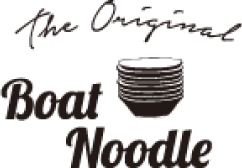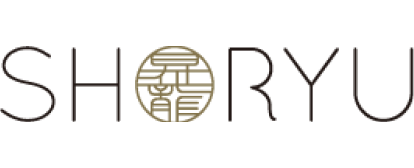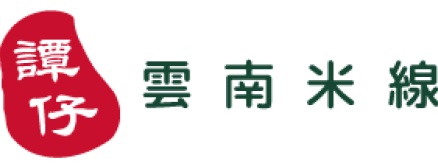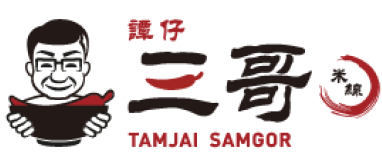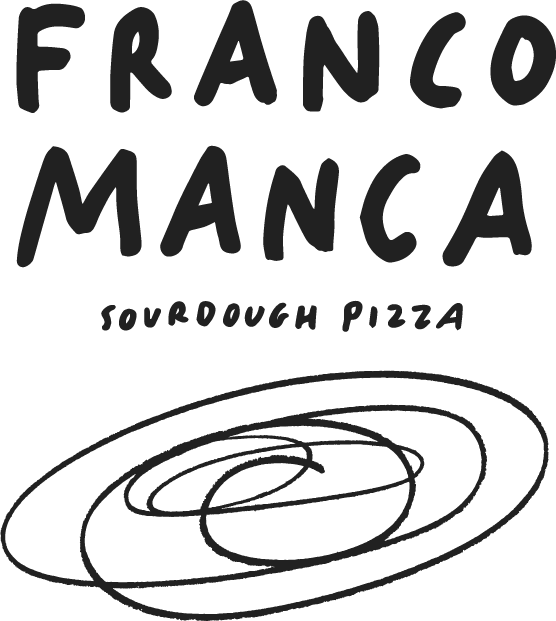The Toridoll Group operates in various countries and regions around the world, and has a wide supply chain of about 130 companies (in Japan) for the procurement of ingredients and materials. Therefore, based on our Basic Procurement Policy, we strive to procure products that take into account social issues, including the sustainability of natural resources and human rights, as well as quality and stable supply.
We also strive for coexistence and co-prosperity through active communication and cooperation with food producers and other business partners.
Materiality | 2024 KPI | Fiscal 2024 results |
|---|---|---|
Supply Chain Management | Conducting surveys of suppliers | Conducted a survey of approximately 30 suppliers |
The TORIDOLL Group’s procurement policy
The Toridoll Group conducts procurement activities that consider the economy, society, and the environment based on the following policies, in order to realize the goal of "Fill this planet with the excitement of food." do.
- We will prioritize the safety of our products for our customers, and provide quality assurance that leads to greater peace of mind.
- We will comply with the laws and regulations of the countries we operate in, show respect for their norms, and reject all associations with illegal dealings, human rights violations, and unfair labor practices.
- We will endeavor to use resources in a sustainable manner, to help mitigate climate change, and to contribute to the creation of a recycling society.
- We will work hard to improve and to communicate information regarding the traceability of our ingredients.
- We will identify the impact our procurement activities have on the environment and on the regions in which we operate, and ensure we are in constant communication with our workplaces so that we can coexist and achieve shared prosperity with our producers and other business partners.
Procurement of Ingredients Based on Trust
At TORIDOLL Group, our basic policy for the procurement of ingredients is a two-stage process: first, we prioritize communication and establish relationships of mutual trust with local producers, farming cooperatives, and logistics companies; we engage in business dealings with them only after that step has been completed.
For example, instead of insisting on contract-based fixed supplies, we procure only those ingredients that are in season as a means of reducing the burden on our producers. On the other hand, for ingredients that are in season for only a short period with prices prone to fluctuation, we promise to purchase them at a fixed price, ensuring stable supplies.
The use of such measures benefits TORIDOLL Group since it guarantees the supply of ingredients in season; it also benefits our producers and other business partners since they can supply ingredients to us with peace of mind.
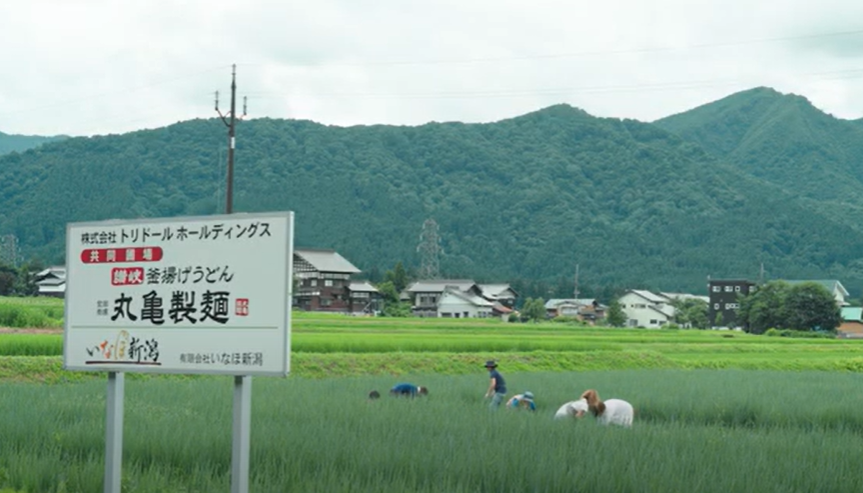
Joint development with business partners
The Toridoll Group is working with our business partners to develop products that aim to solve the various challenges that arise from social change.
For example, we are proactively engaged in a wide range of activities, such as working with manufacturers to develop ingredients and products that are both healthy and delicious for our customers, and reducing the risk of unstable supply by blending different ingredients when raw materials become more difficult to procure due to the current situation.
About Toridoll Group uniforms
The Toridoll Group and Kurabo will jointly establish an occupational safety and health factory in 2021 based on the idea that "new services for customers will be born only when employees can work safely, comfortably, and with consideration for the natural environment." We have developed a uniform that aims to reduce environmental impact.
In addition, Kurabo's Tokushima Factory, which manufactures the uniforms, is a "sustainable factory" that actively engages in efforts to conserve the global environment, such as reducing CO2 emissions and wastewater. going.
We would like to continue to support the corporate activities of the Toridoll Group by producing uniform products that are friendly to people, society, and the earth.
Kurashiki Boseki Co., Ltd. Textile Division Uniform Department General Manager Yoshikazu Kinumoto
Towards sustainable procurement
Toward sustainable procurement, we will be conducting a survey on sustainable procurement from fiscal 2024 to approximately 30 business partners, which account for approximately 80% of the domestic Toridoll Group's transaction volume. The survey questions are based on the 10 principles of the United Nations Global Compact and cover a wide range of sustainability topics.
Survey items
1: Corporate governance related to sustainability
2. Human rights
3. Labor
4: Environment
5: Fair business practices
6: Quality and safety
7: Information Security
8. Supply Chain
9: Coexistence with the local community
Proactive use of local ingredients in each country
The Toridoll Group believes it is important to build relationships of trust with local producers and agricultural cooperatives, and to give back to the local community. We are actively procuring local ingredients.
For example, Marugame Seimen in Japan uses wheat and kombu from Hokkaido, sudachi from Tokushima Prefecture, and domestically produced rice and radish, while some Marugame Seimen stores in North America produce in North America. We are actively promoting the use of ingredients from each country and region, such as using wheat that has been harvested from other countries.
In addition, such local production for local consumption efforts also lead to a reduction in CO2 emissions generated during the transportation of raw materials.
The yellowish noodles are proof that they are made with 100% domestic wheat.
The raw materials for udon are three simple ones: wheat, salt, and water. Therefore, the taste of the ingredients must be easily conveyed as the taste of the product, so there is no room for compromise. Marugame Seimen's udon is not pure white, but has a pale yellowish color, which is a testament to their commitment to using 100% domestic wheat.
In addition, we are particular about more than just the ingredients. For example, the wheat used for making noodles is grown domestically, mainly in Hokkaido, but the growing conditions change almost every year due to factors such as the weather, so we adjust the way we grind and mill the flour depending on the condition of the flour and the season it will be used in. Such detailed adjustments are possible because the entire wheat flour production process is completed domestically.
In addition, the salt used in making the noodles is domestically produced sea salt. Because it contains bittern (minerals), it enhances the transparency and chewiness of the noodles.
Conclusion of comprehensive cooperation agreements
The Toridoll Group strives to build relationships of trust with business partners through regular information exchanges and study sessions.
For example, the use of ingredients has deepened exchanges, and in June 2021, the Hokkaido Biei Town and Biei Town Agricultural Cooperative, which produces high-quality wheat, and Tokushima Prefecture and JA, which produces sudachi as a specialty product, will join in July of the same year. We have concluded a comprehensive cooperation agreement with Zen-noh Tokushima and Tokushima Brand Promotion Organization.
We believe that strengthening collaboration and cooperation in various fields will lead to the realization of a sustainable local community while facing various issues together with producers.
Comprehensive partnership agreement with Biei Town, Hokkaido
(1) Expansion and promotion of sales channels for local products
(2) Promotion of local production for local consumption and food education
(3) Dissemination of information closely related to the community
(4) Enhancement of welfare and promotion of health
(5) Healthy upbringing of children and adolescents
(6) Other regional revitalization
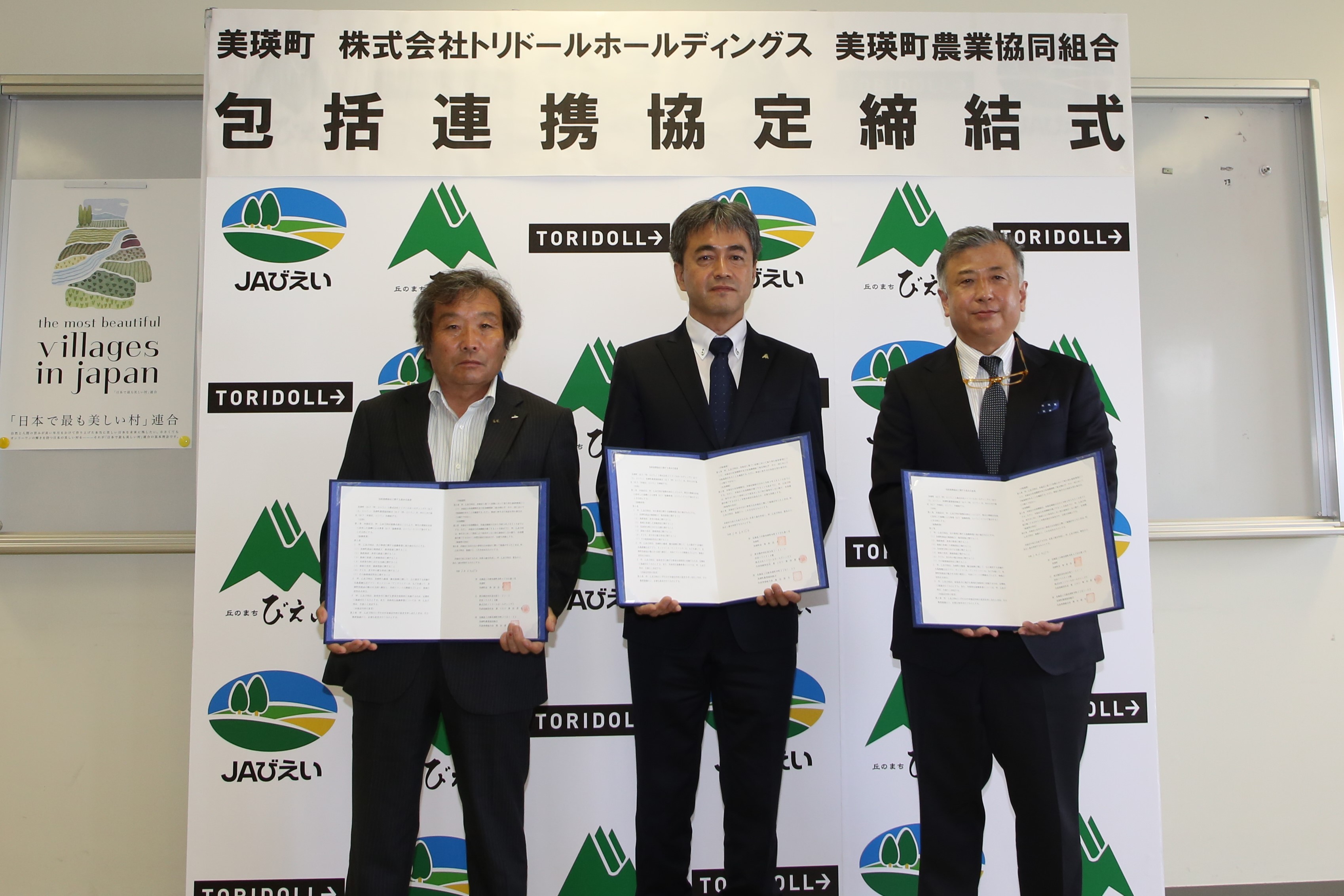
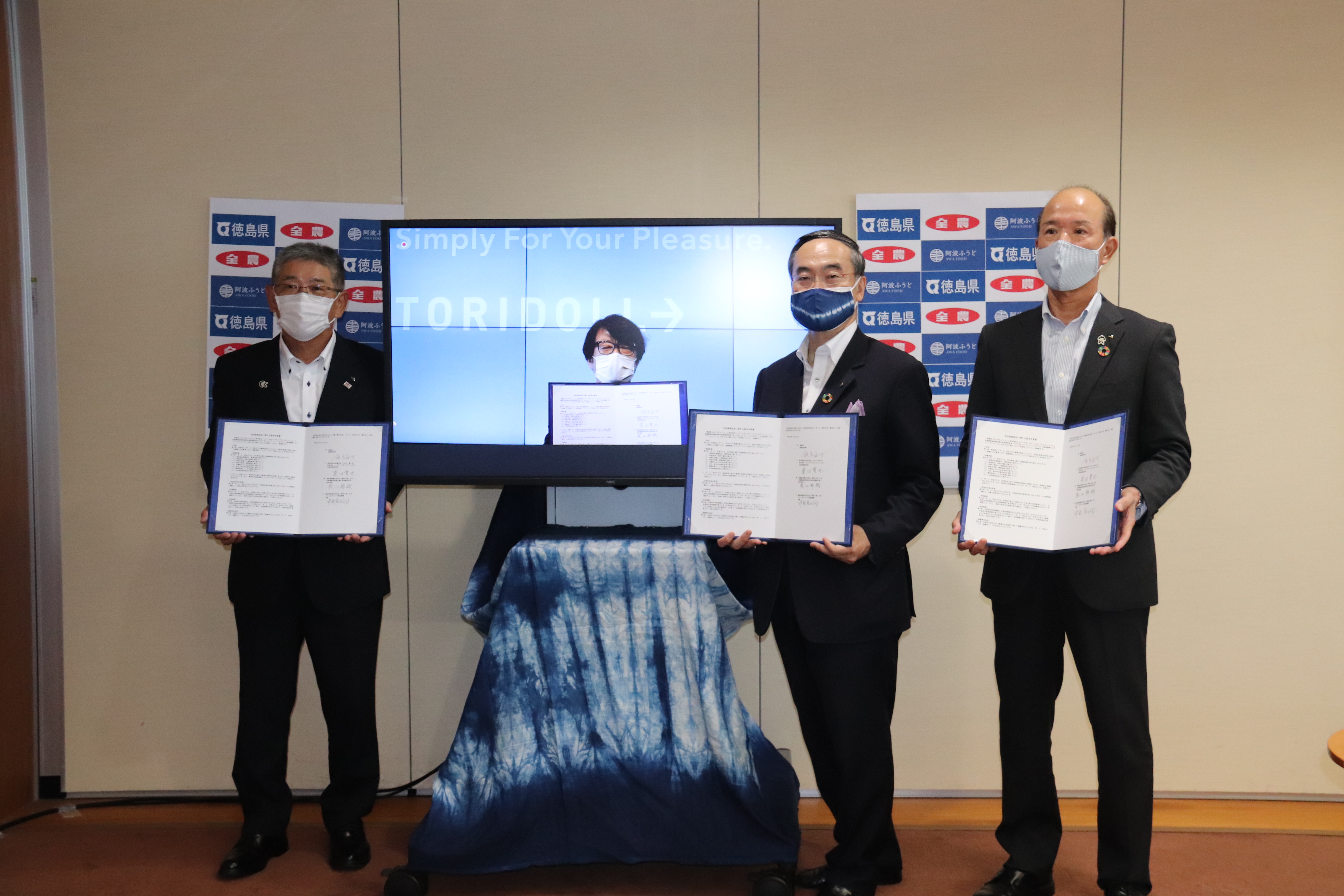

Engaging with Our Business Partners
Toridoll Holdings conducts engagements between business partners nationwide and management, including the President and CEO, once every few years. The President and CEO explains future policies and strategies to business partners, and this is a forum for exchanging information to gain their understanding and support for the direction of Toridoll Group's future business development.
Reduction of waste by unifying fixtures for each brand
There are various brands of Toridoll, but if equipment and consumables are individually optimally procured for each brand, management becomes complicated, and problems such as excess or surplus quantities arise.
Therefore, we are working to reduce the number of items so that the number of items does not increase by purchasing similar materials separately for each business format and store.
For example, we are transitioning to cutlery containing eco-friendly bio-plastics as an initiative to eliminate plastics, but by narrowing down the number of items, we are reducing waste and reducing the amount of plastic used.
Improving logistics efficiency by reviewing logistics bases
The Toridoll Group is actively trying to open stores, but we are flexibly reviewing our distribution bases as we expand our business.
For example, in the Kanto region, where there are many stores, we will establish new logistics bases and transport materials to each store more efficiently to eliminate waste in logistics and reduce CO2 emissions.
Dealing with Conflict Minerals
Natural resources such as tin, tantalum, tungsten, gold and cobalt in conflict zones, such as the Democratic Republic of the Congo or adjoining countries, and in areas of similar high risk violate human rights, destroy the environment and finance armed groups. becoming an international issue.
The Toridoll Group's basic policy is not to procure the above minerals.
[This page was last updated on 2025/07/20]

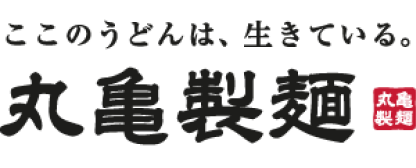


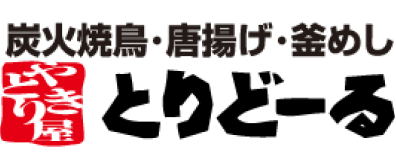
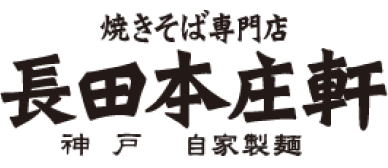

.png)


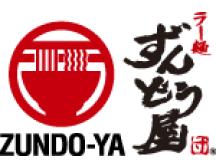

.png)
